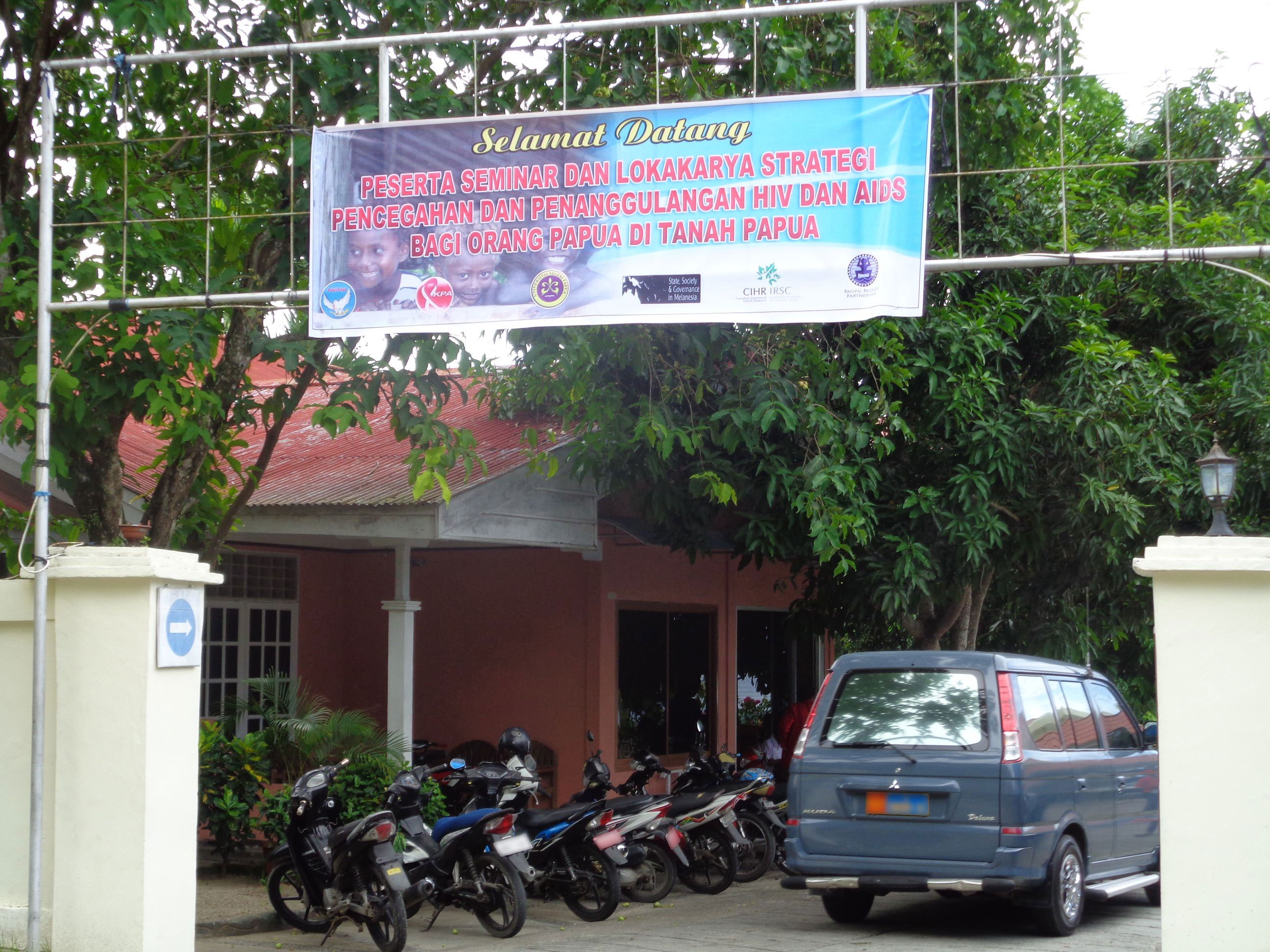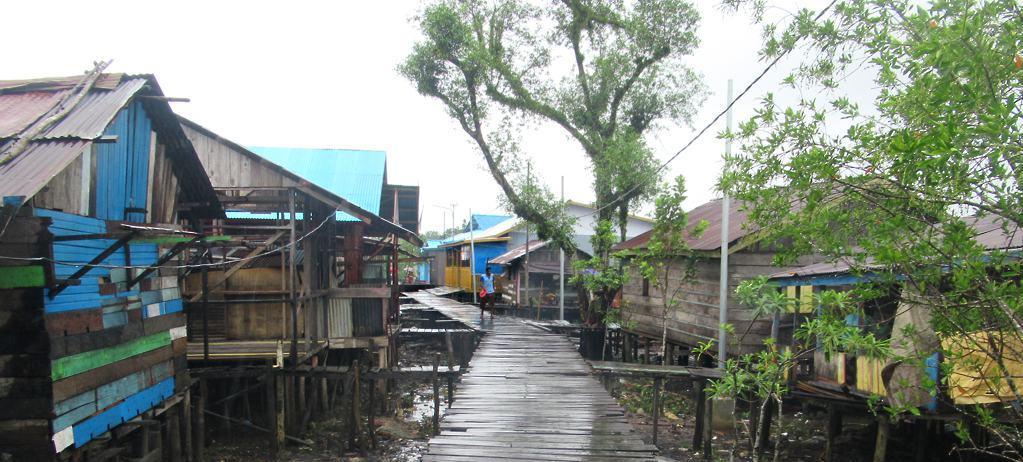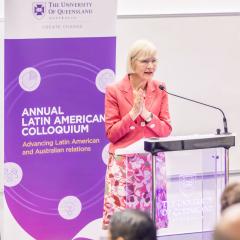Researchers from UQ and the Universitas Negeri Papua are developing HIV education for customary leaders in rural and remote areas of West Papua province.
In 2014, Papuan leaders, activists, and scholars came together for the first time to develop an Indigenous HIV Prevention Strategy. This strategy was intended to respond to the mounting evidence of an HIV epidemic that is disproportionately affecting Indigenous Papuans in the easternmost provinces of Indonesia. The Indonesian government’s 2013 survey showed that HIV was affecting the general population, not just so-called ‘high risk’ groups, and was more prevalent in rural and remote areas than in urban centres. These patterns demanded a different response than the national approach, because the epidemic in Tanah Papua (Land of Papua) was different in transmission and prevalence than other Indonesian provinces.
Prioritising better engagement with customary leaders
 One of the priorities identified in the Strategy was better engagement with customary leaders and rural communities. Customary leaders from rural Papuan communities asserted that they were very concerned about HIV in their communities and wanted to do more to stop the epidemic and care for those affected by HIV.
One of the priorities identified in the Strategy was better engagement with customary leaders and rural communities. Customary leaders from rural Papuan communities asserted that they were very concerned about HIV in their communities and wanted to do more to stop the epidemic and care for those affected by HIV.
Meaningful participation by Indigenous leaders has thus far been strained by health authority and aid agency views that culture is the barrier to changing behaviours. These views may essentialise leaders’ capacities and motivations, and ignore structural factors contributing to the HIV epidemic. While customary leaders want to engage, at the workshop they said they did not have sufficient knowledge of HIV to effectively support their communities. They were also isolated from existing civil society responses that are led by young people in urban areas.
Developing locally relevant and appropriate HIV education
Working with local experts and HIV stakeholders, and with input from Australian academics, postgraduate students, and practitioners, Dr Els Rieke Katmo and Dr Jenny Munro will lead the development of an appropriate HIV education curriculum to be piloted with customary leaders in West Papua province later this year. They will develop a format and approach that works for leaders, links them in with existing support networks, and helps equip them to address the social, gender, and technical complexities of HIV prevention and treatment in their communities. This activity is funded by DFAT’s Australia-Indonesia Institute.
The project will draw on Dr Munro's existing experience of working with leaders in HIV prevention and Dr Katmo’s expertise in sexual health and gender to develop a curriculum for the proposed workshop in close consultation with local stakeholders in West Papua. This will ensure that the content is suitably localised and will overcome the issue that often undermines HIV prevention and support efforts – that is, the importation of external models. The project is geared towards ensuring that all lessons learned will contribute to developing new knowledge about what is effective when supporting cultural leaders responding to HIV in their communities.

Hero image: Wooden Walkways, photograph by David Stanley, CC BY 2.0
Partnerships
Universitas Negeri Papua



